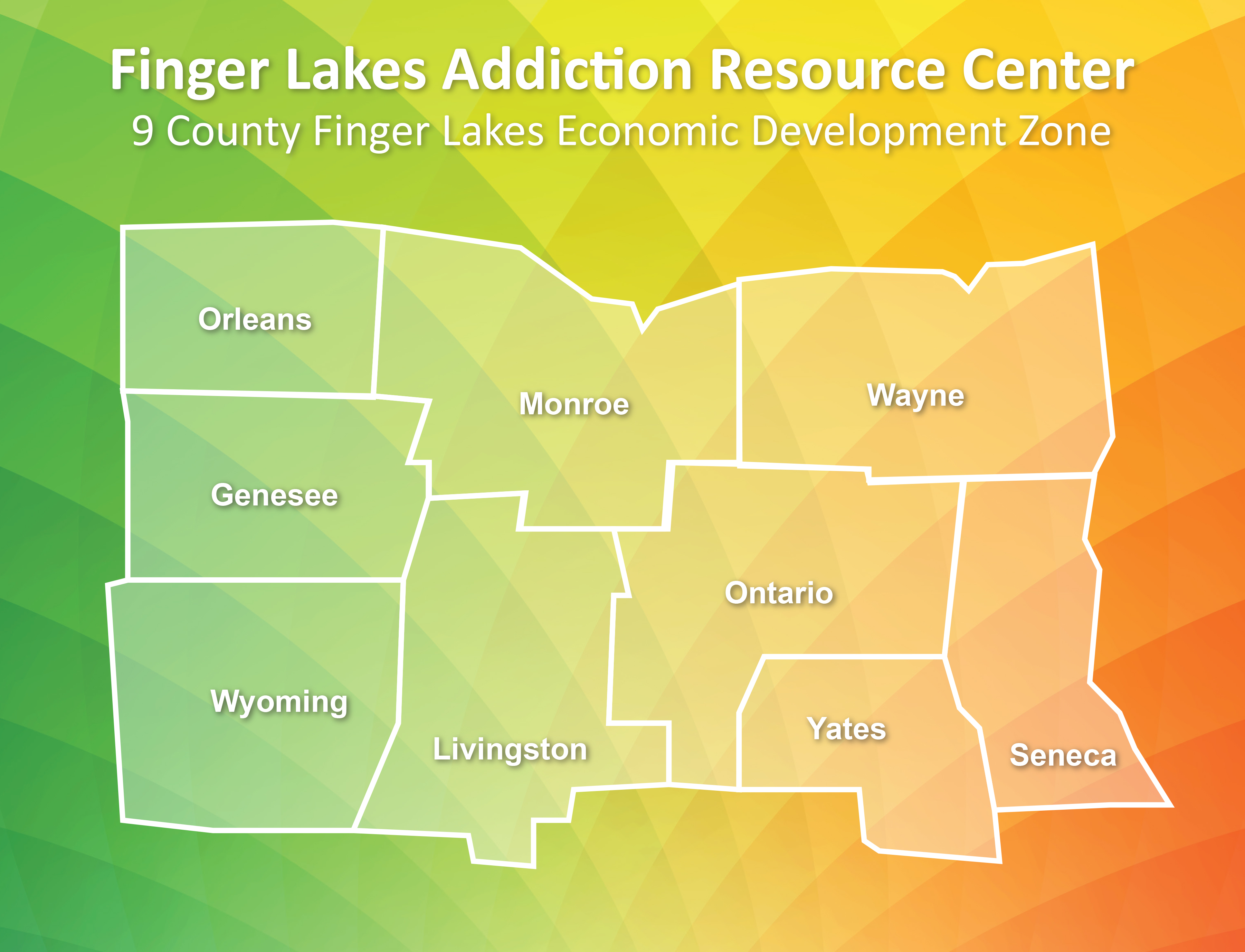Problem Gambling Support Services Committee
- Problem Gambling Support Services Committee Act
- Problem Gambling Support Services Committee Organizations
- Problem Gambling Support Services Committee Meeting
- Problem Gambling Support Services Committee Responsibilities

“Council officers acknowledged in their own advice that public opinion is likely to support a sinking lid as the most popular option for a local policy on gambling.” Ms Ah-Honi said. “One of the important tools to address pokie gambling harm is to reduce availability and a full sinking lid policy does this.”.
- Problem Gambling Task Force (PGTF) In 2019, the Washington State Legislature awarded proviso funding to the Washington State Gambling Commission (WSGC) to facilitate a joint legislative Problem Gambling Task Force (PGTF) to review existing outreach, prevention and treatment resources for problem gambling and disordered gambling, and to determine if these services need to be increased in order.
- The North Carolina Problem Gambling Program (NCPGP) provides and supports effective problem gambling prevention, education, outreach and treatment services throughout North Carolina. Purpose Provide statewide treatment services, training and technical support in-person and on-line for prevention and provide education and outreach to promote.
Minnesota
If gambling is causing a problem in your life we encourage you to ask questions, gather information and conduct research on the type of help that is most appropriate for your situation. This information is intended to be a starting point—it is not a complete list of information or services.
FIND HELP IN YOUR STATE NOW, including counseling, treatment, self-help and support groups:
Problem Gambling Support Services Committee Act
National Problem Gambling Helpline
Call: 1-800-522-4700
Text: 1-800-522-4700
Chat: ncpgambling.org/chat

and
Northstar Problem Gambling Alliance
1935 West County Road B2, #420
Roseville, MN 55113
Tel: 612.424.8595
Fax: 651.636.6757
Email: info@northstarproblemgambling.org
Website: www.northstarproblemgambling.org
Helpline: 800.333.HOPE (4673)
OTHER STATE RESOURCES
• Minnesota Department of Human Services is responsible for general health and/or addiction services in this state, and may also have information on problem gambling.
• For the fact sheet on gambling and problem gambling in Minnesota, click here.
Problem Gambling Support Services Committee Organizations
Self Help Resources
• Gamblers Anonymous (www.gamblersanonymous.org)
Is fellowship of men and women who share their experience, strength and hope with each other that they may solve their common problem and help others to recover from a gambling problem.
• Gam-Anon (www.gam-anon.org)
Is a self-help organization for the spouse, family or close friends of compulsive gamblers.
• GamTalk (www.gamtalk.org)
Is a 24/7 moderated online peer support forum.
SCREENING TOOLS
Please visit our Screening Tools page to access three problem gambling assessment tools. It is important to note that these screens are not a diagnosis and DO NOT replace a face-to-face evaluation with a trained clinical professional.
• The Brief Biosocial Gambling Screen (BBGS). A 3-item survey designed to help people decide on their own whether to seek a formal evaluation of their gambling behavior.
• DSM-5 Addictive Gambling Criteria. The American Psychiatric Association guidelines used for the medical diagnosis of addictive gambling.
• NORC Diagnostic Screen for Gambling Problems. This simple self test will help you to evaluate your gambling behavior. Just answer 10 questions adapted from the DSM IV criteria.
OTHER TREATMENT RESOURCES
• Certified Gambling Counselor Directory
• Treatment Facility List
ADDITIONAL RESOURCES
In addition to the resources listed above, there are many additional resources for problem gamblers throughout the National Council on Problem Gambling site.
• Resources page pulls together information and links about our State Affiliates, U.S. and international resources, awareness promotion, state problem gambling services, financial issues, and much more.
Problem Gambling Support Services Committee Meeting
• Celebrate & Inspire – In order to get beyond the statistics and provide a more personal and individual picture of this issue, this section features the stories of individuals who have been affected by problem gambling, including problem gamblers and their family members, friends, colleagues and employers; treatment providers; advocates; and any others.
Gambling Help Online is funded as part of an agreement between all State and Territory Governments and the Australian Government.
This service complements and increases the range of services available in responding to problem gambling issues. It provides Australians with a new opportunity to access counselling and information services when they are unable or reluctant to access face-to-face services provided in each jurisdiction.
Problem Gambling Support Services Committee Responsibilities
Informed by extensive research and expert advice, Gambling Help Online is a world first to provide:

- Free 24/7 chat and email counselling and support services
- Professional counsellors with expertise in problem gambling and online services
- A stepping stone for further help-seeking, including telephone and face-to-face gambling services
- Extensive website content, self-help information and weblinks for additional support.
Acknowledgement of jurisdictional funding for Gambling Help Online:
- Australian Capital Territory: ACT Government through the ACT Gambling and Racing Commission
- Australian Government: The Department of Social Services
- New South Wales: NSW Government through the Responsible Gambling Fund
- Northern Territory: Northern Territory Government through the Community Benefit Fund
- Queensland: Department of Employment, Economic Development and Innovation
- South Australia: Government of South Australia
- Tasmania: Tasmanian Government through the Community Support Levy
- Victoria: Victorian Government through the Victorian Responsible Gambling Foundation
- Western Australia: Government of Western Australia through the Problem Gambling Support Services Committee.
The views expressed in this website are solely those of the author/s. The information, views and reference material in this website are provided solely on the basis that readers will be responsible for making their own assessment of the information provided.